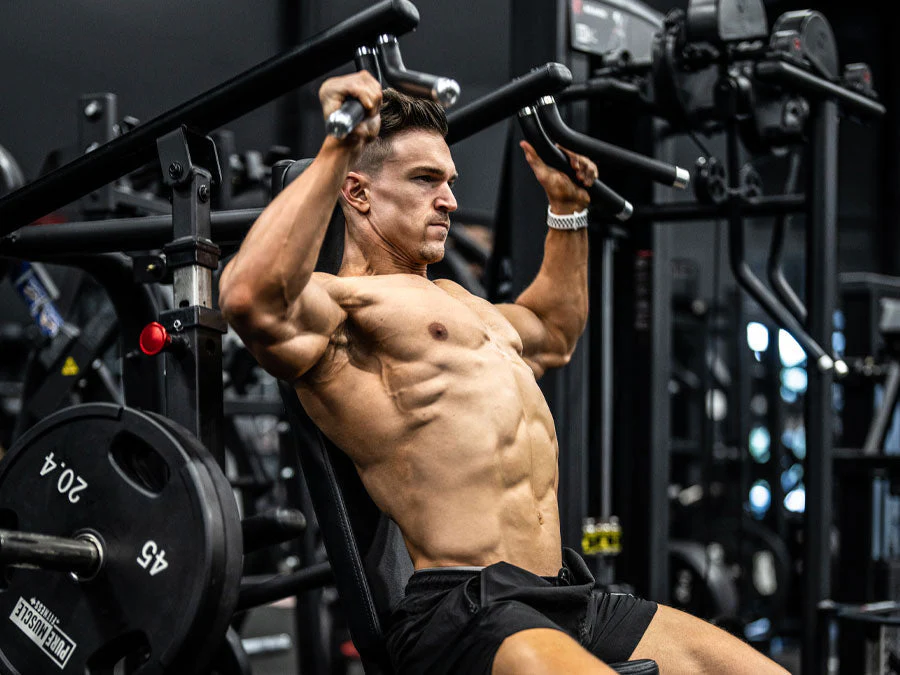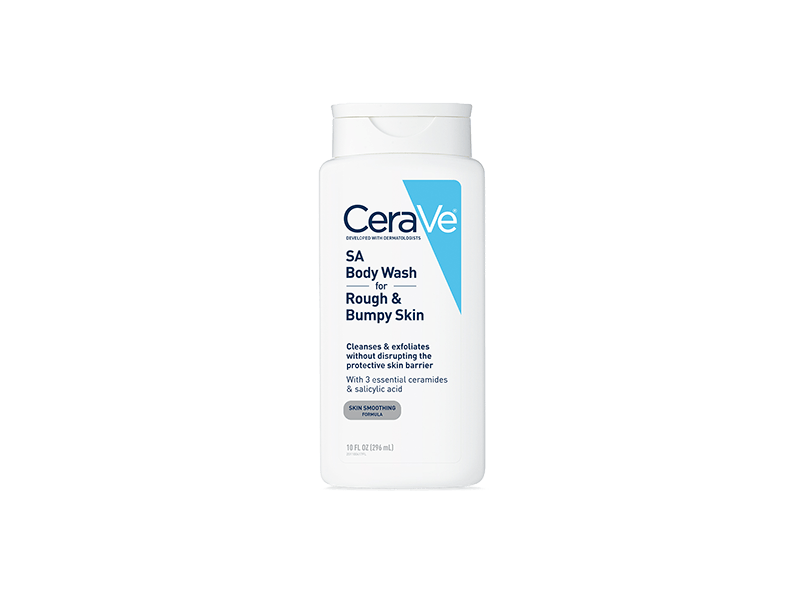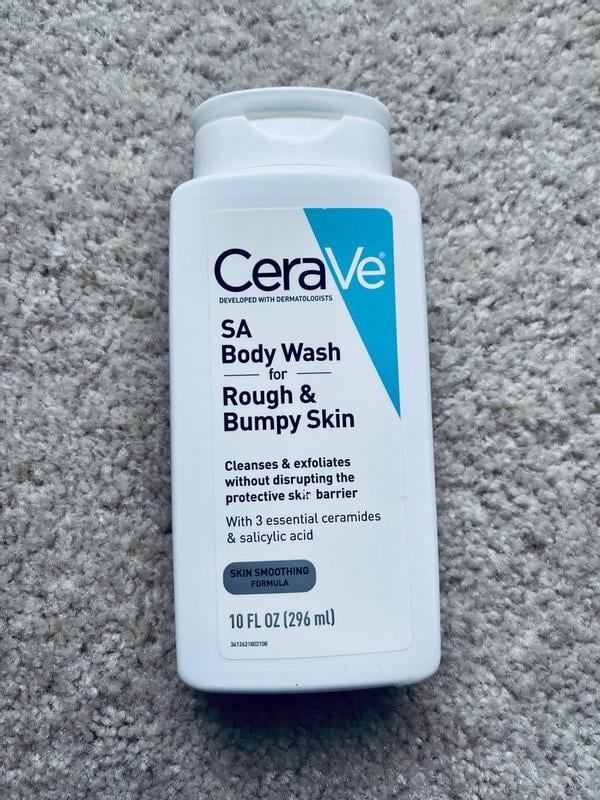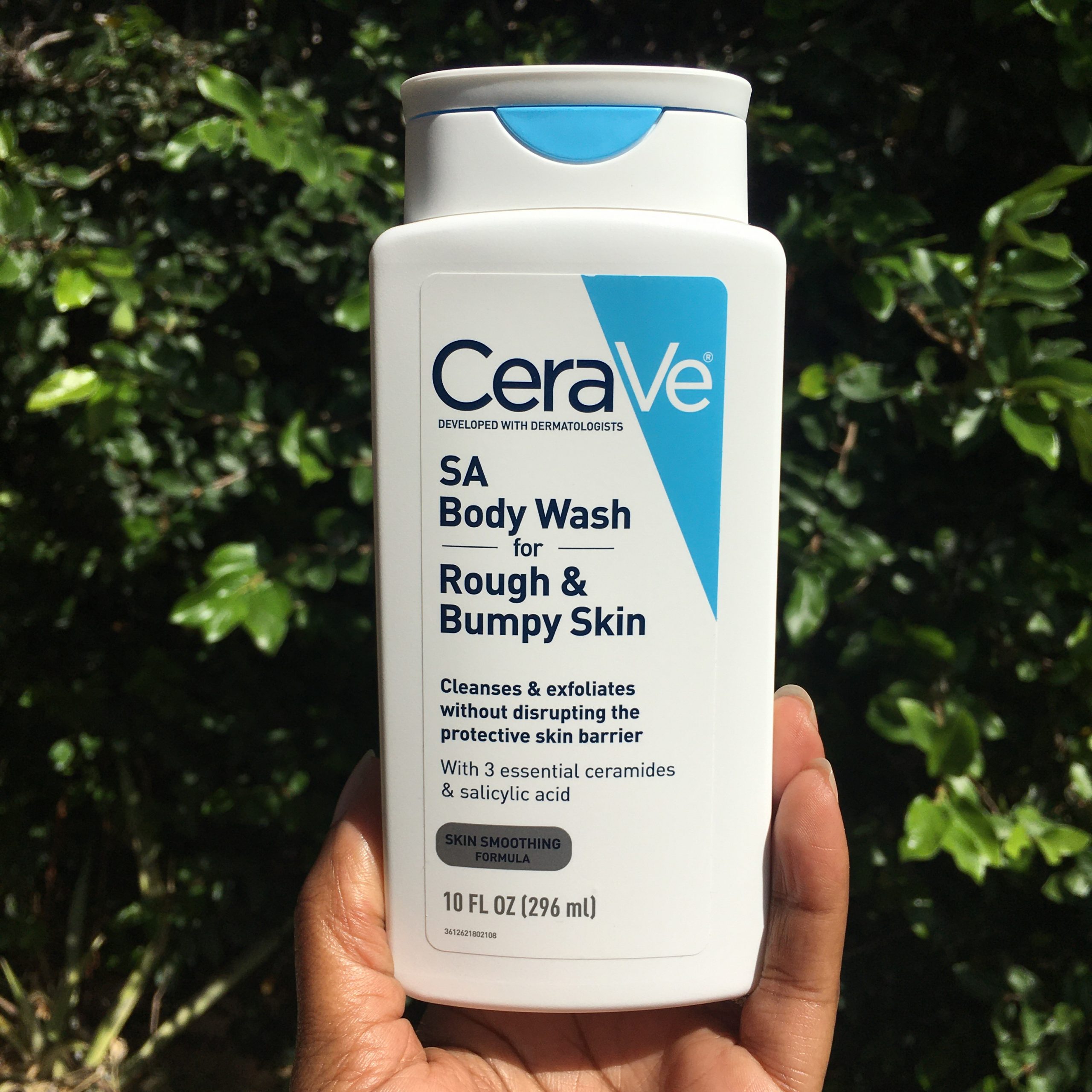Push Workout – If you’re looking to build muscle, increase strength, and improve your physique, the push workout is a fundamental part of any well-rounded fitness program.
Designed to target all the muscles involved in pushing movements—like the chest, shoulders, and triceps—this routine is essential whether you’re a beginner or a seasoned lifter.
In this guide, we’ll break down everything you need to know about push workouts, including benefits, structure, key exercises, sample routines, and expert tips.
What Is a Push Workout?
A push workout focuses on exercises where you push the weight away from your body. These movements target:
Chest (pectorals)
Shoulders (deltoids)
Triceps
Push workouts are typically part of a push/pull/legs (PPL) split, which categorizes training days by the type of muscle movement.
Why Do a Push Workout?
Incorporating push workouts into your routine offers several key benefits:
Builds Upper Body Strength
Push exercises target multiple muscle groups at once, helping you gain serious upper-body strength.
Supports Balanced Physique
Pairing push workouts with pull and leg days creates symmetry and reduces the risk of muscle imbalances.
Efficient Training
Many push exercises are compound movements, meaning they work several muscles in one move, perfect for efficient strength building.
Enhances Athletic Performance
Stronger pushing muscles improve performance in sports that involve throwing, pushing, or pressing.
Best Push Day Exercises
Let’s break it down by muscle group.
Chest Exercises
- Barbell Bench Press
The king of all chest exercises, it’s perfect for strength and size.
Tip: Use a spotter and maintain proper form to avoid injury.
- Dumbbell Press (Flat, Incline, or Decline)
Great for developing balanced muscle growth and hitting all angles of your chest.
- Chest Dips
Target the lower chest and triceps. Add weight as you progress.
- Push-Ups
Classic bodyweight move. Modify it for beginners or go advanced with variations.
Shoulder Exercises
- Overhead Press (Barbell or Dumbbell)
A compound lift that builds deltoid and triceps strength.
- Arnold Press
This variation targets all three deltoid heads for a more rounded shoulder appearance.
- Lateral Raises
Perfect for isolating the medial deltoids, giving your shoulders a wider look.
- Front Raises
Targets the front of the shoulders for balanced development.
Triceps Exercises
- Tricep Dips (Bench or Parallel Bars)
Effective bodyweight movement for tricep thickness.
- Skull Crushers (Lying Triceps Extension)
Great for hitting the long head of the triceps.
- Overhead Tricep Extension
Stretches and contracts the triceps through a full range of motion.
- Tricep Pushdowns (Cable Machine)
Perfect for muscle isolation and finishing off a push day workout.
Sample Push Day Workout Routines
Beginner Push Workout (3x per week)
Exercise Sets Reps
Dumbbell Bench Press 3 10-12
Shoulder Press (Machine or Dumbbells) 3 10
Tricep Dips (Bench) 3 12
Lateral Raises 3 12
Push-Ups 2-3 Failure
Tip: Focus on form, not weight. Take 1-2 minutes’ rest between sets.
Intermediate to Advanced Push Workout
Exercise Sets Reps
Barbell Bench Press 4 6-8
Dumbbell Incline Press 3 8-10
Overhead Press (Barbell) 4 6-8
Arnold Press 3 10
Skull Crushers 3 10-12
Cable Tricep Pushdowns 3 12-15
Tip: Incorporate progressive overload and track your weights.
How Often Should You Train Push?
- You can do push workouts once or twice per week, depending on your goals:
- Muscle building: Twice per week (within a PPL split)
- Maintenance or fat loss: Once per week, combined with cardio or other splits
Push vs Pull vs Legs Split
To avoid overtraining and ensure balanced development:
Day Workout Focus
Monday Push (Chest, Shoulders, Triceps)
Tuesday Pull (Back, Biceps)
Wednesday Legs (Quads, Hamstrings, Glutes, Calves)
Thursday Rest or Repeat
Friday Push
Saturday Pull
Sunday Legs or Active Recovery
Tips for an Effective Push Workout
Warm-Up Properly
Start with 5–10 minutes of dynamic movements and light cardio to avoid injury.
Prioritize Compound Lifts First
Begin with the bench press or overhead press to maximize energy.
Maintain Proper Form
It’s better to lift lighter with perfect form than heavy with sloppy reps.
Track Your Progress
Keep a training log or app to monitor improvements over time.
Rest Between Sets
Take 60–90 seconds for hypertrophy and 2–3 minutes for strength-focused sets.
Final Thoughts
A well-structured push workout can be a game-changer for your upper body development. Whether you’re aiming to build strength, pack on muscle, or just look more athletic, incorporating this focused training approach is the way to go.
Stick to the basics, lift smart, and give your muscles the consistency they need to grow. And remember—your gains don’t just happen in the gym but also with proper nutrition and recovery.








